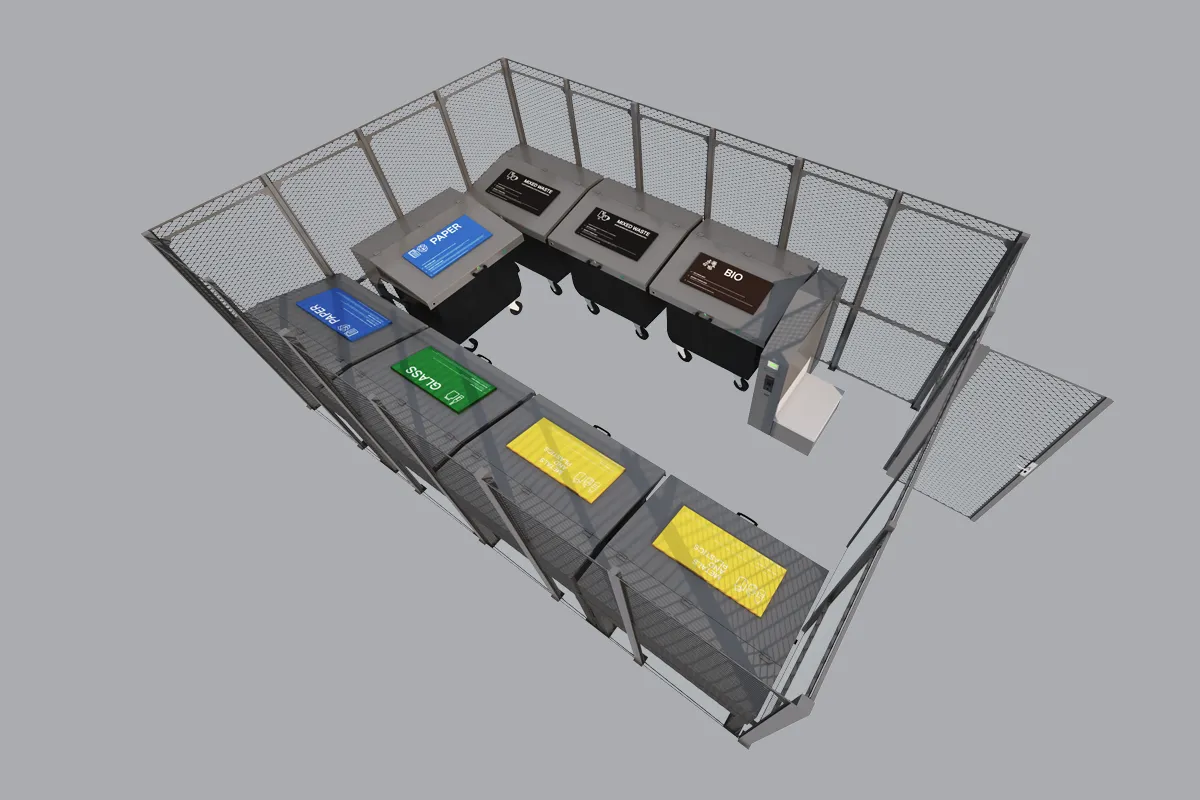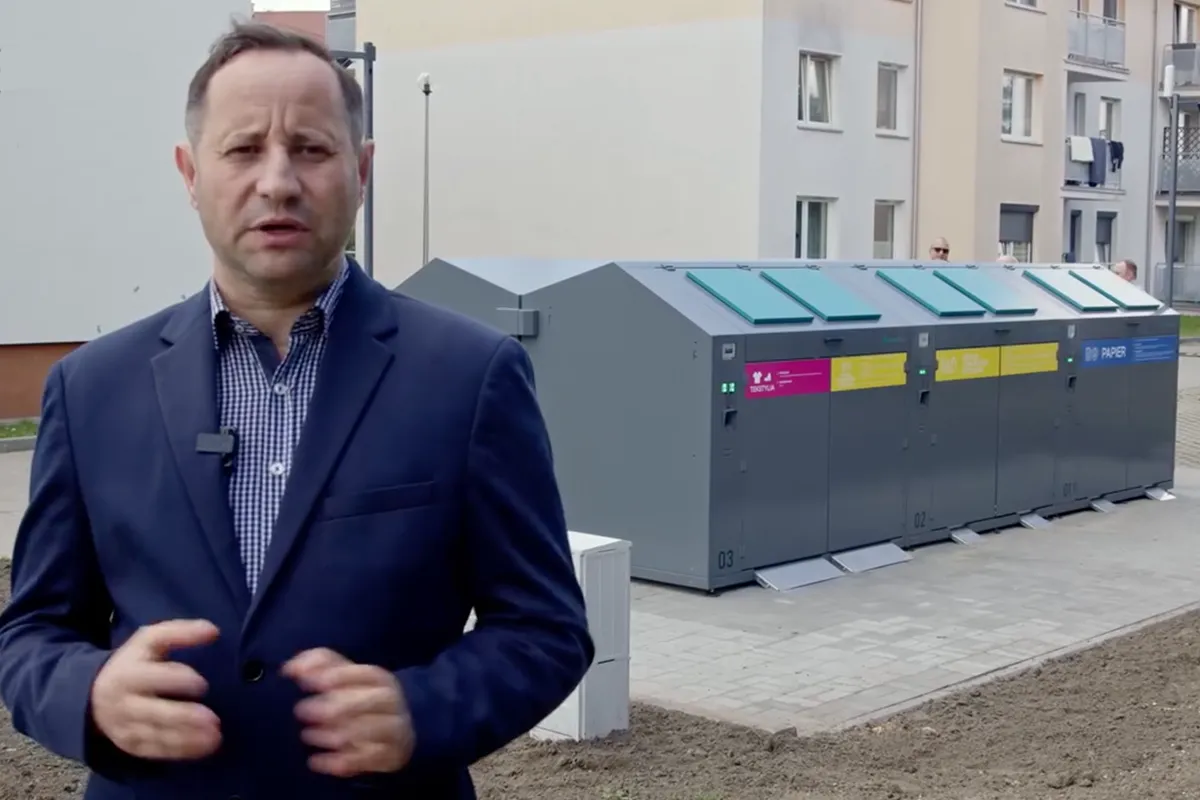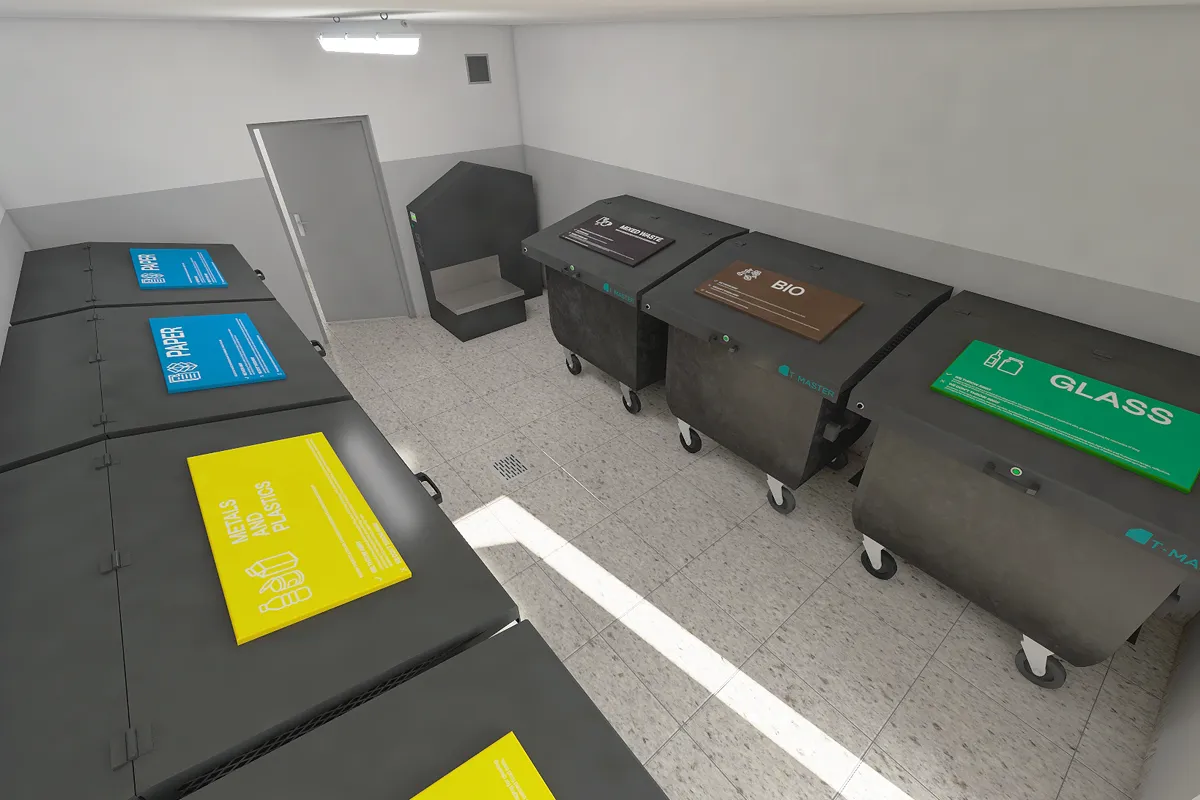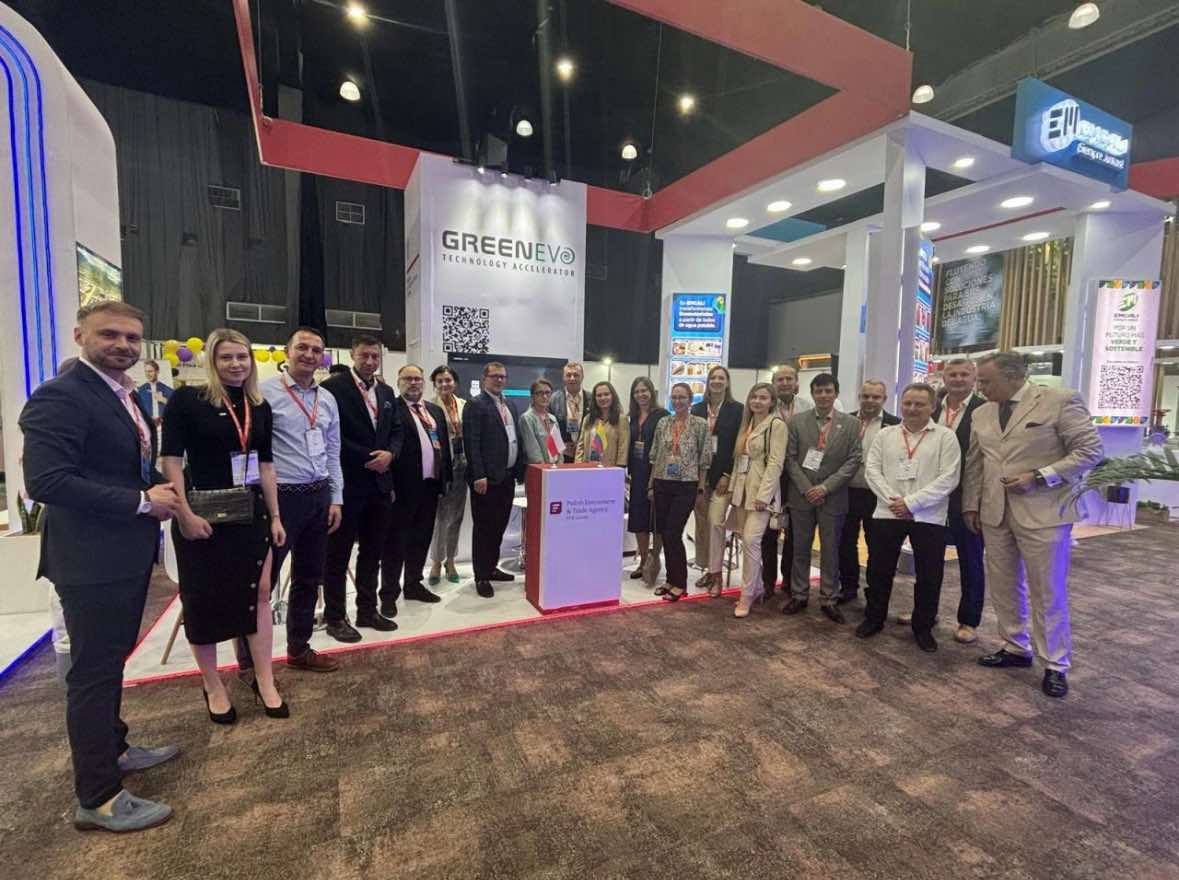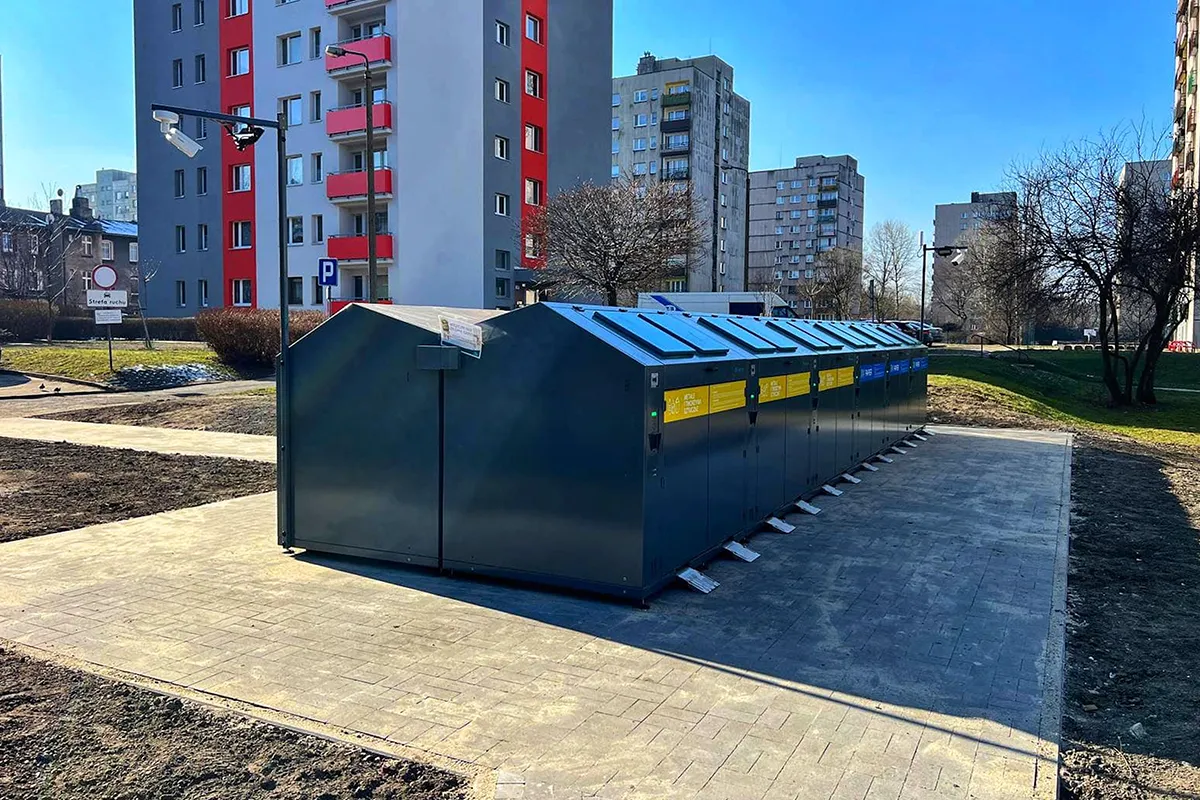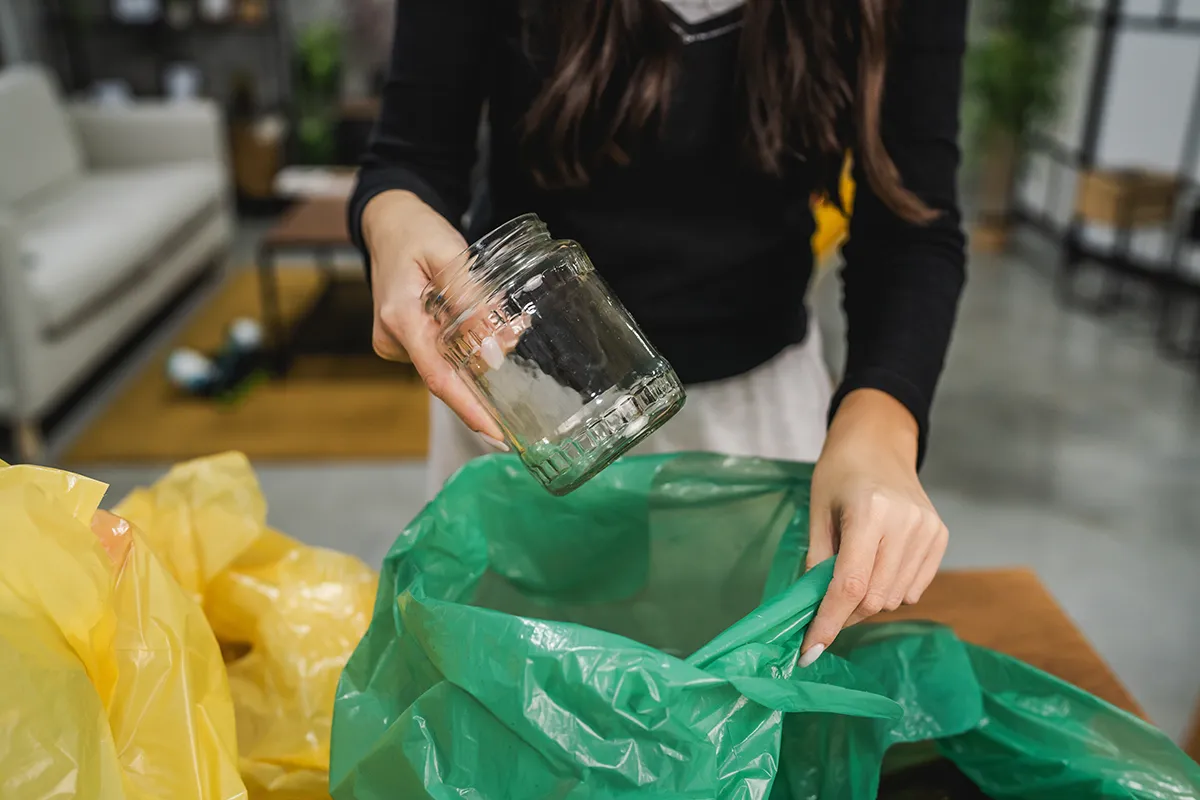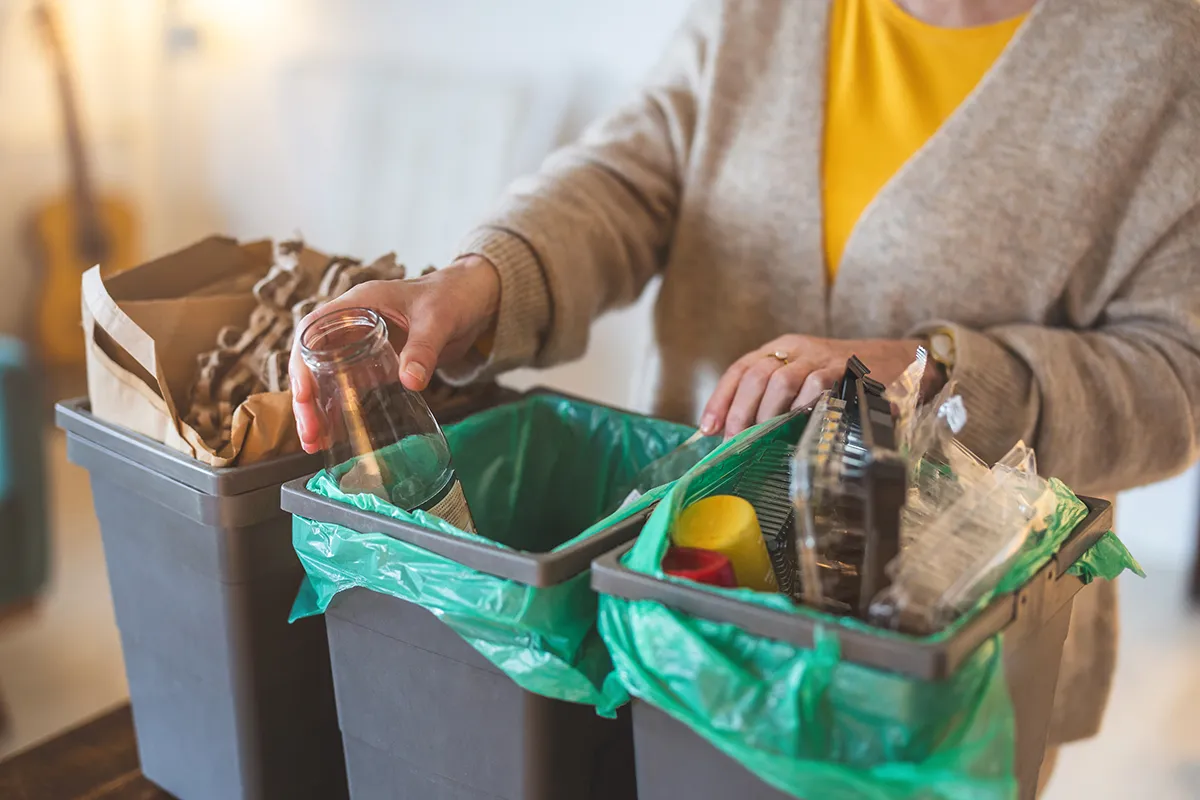New Waste Segregation Rules
With growing environmental awareness and the need to protect our planet, Poland has introduced new waste segregation rules. These changes aim to improve recycling efficiency, reduce the amount of waste sent to landfills, and promote better management of secondary raw materials. For city and municipal residents, this presents both a challenge and an opportunity to actively contribute to environmental protection.
What’s Changing?
The new regulations introduce additional waste categories and precise guidelines for segregation. In addition to standard containers for paper (blue), glass (green), metals and plastics (yellow), and biodegradable waste (brown), a new category – textiles – has been added. Textile waste, such as old clothes, bed linen, or curtains, should be placed in specially designated containers or taken to selective waste collection points (PSZOK).
The regulations also emphasize the proper preparation of waste before disposal. This means thoroughly emptying food packaging, flattening cardboard, and avoiding contamination that could hinder the recycling process. Additionally, guidelines have been introduced for the segregation of bulky waste and electronic waste, which must be taken to dedicated collection points.
Why Is This Important?
Textile waste is becoming an increasing environmental problem. Many textiles end up in landfills, even though they can be reused or recycled. With the new rules, materials such as cotton, polyester, and wool can be given a second life, reducing the consumption of natural resources and lowering CO2 emissions.
Proper waste segregation also helps reduce disposal costs and minimizes the risk of environmental pollution. Textile recycling supports the circular economy, where waste becomes a valuable resource rather than a burden. You can read more about these changes on the Ministry of Climate and Environment website.
How Does T-Master Support the New Rules?
T-Master, a leader in innovative waste management solutions, offers intelligent textile collection containers Ubraniomats. Thanks to advanced technology and monitoring systems, these smart bins enable efficient textile waste collection and management. T-Master’s Ubraniomat makes it easier for city residents to responsibly dispose of unwanted textiles while promoting recycling and sustainability.
The Ubraniomats are equipped with intelligent systems that analyze fill levels, optimizing collection routes and reducing CO2 emissions from transport. Their ergonomic design and user-friendly interface make textile segregation more accessible for everyone.
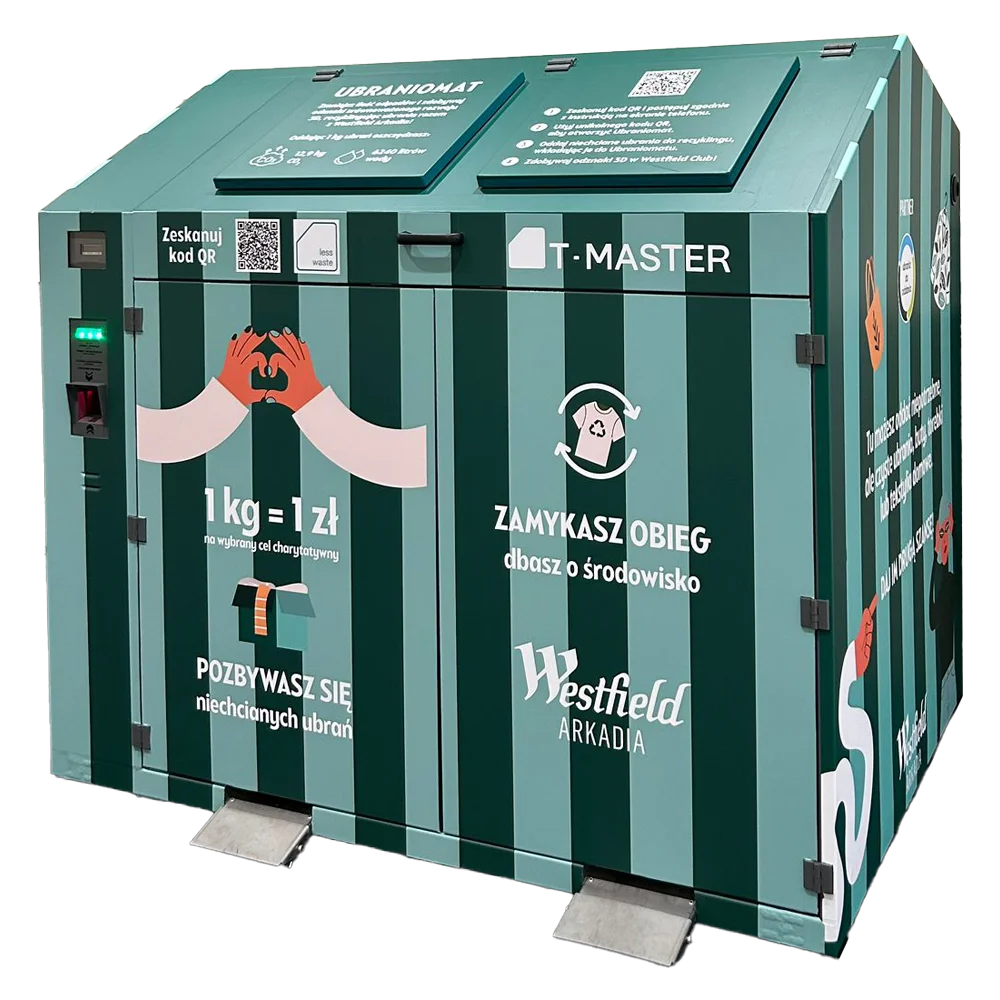
Environmental and Social Benefits
The new waste segregation rules contribute not only to environmental protection but also to increasing ecological awareness among society. By properly sorting waste, we:
- Reduce the amount of waste sent to landfills,
- Save natural resources,
- Lower greenhouse gas emissions,
- Support the development of the circular economy,
- Improve the quality of life in our cities and communities.
Conclusion
The new waste segregation regulations are a step towards a more eco-friendly future. The introduction of textile segregation increases the chances of reuse and reduces environmental impact. Thanks to T-Master’s solutions, this process becomes simpler and more efficient for everyone. Together, we can create a cleaner, healthier, and more sustainable environment for future generations.
Would you like to see our devices in your municipality, company, or residential area? Fill out the contact form below – we’d love to hear from you!


